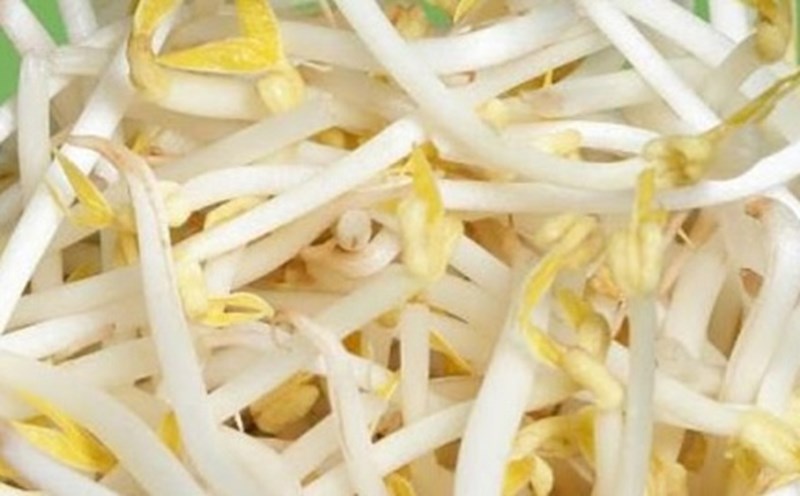Stroke is the leading cause of death and disability worldwide. Many studies have shown that certain foods can help reduce the risk of stroke by controlling blood pressure, reducing cholesterol, fighting inflammation and improving blood vessel function.
First, green vegetables and fresh fruits are the top recommended foods. According to research, people who eat at least 5 servings of vegetables and fruits per day have a 26% lower risk of stroke than those who eat less than 3 servings. In particular, dark green leafy vegetables such as spinach and kale are rich in folate, potassium and antioxidants, which help stabilize blood pressure and protect blood vessel walls.
Second, fatty fish such as salmon, mackerel, and sardines are rich in omega-3 fatty acids. Eating fish twice a week can reduce the risk of stroke by up to 12%. Omega-3 helps reduce inflammation, prevent blood clot formation and reduce triglycerides - a factor associated with cardiovascular disease and stroke.
In addition, nuts such as walnuts, almonds, flaxseeds are also a source of healthy fats and vitamin E that help improve cardiovascular health. Oatmeal and whole grains provide soluble fiber, which helps reduce LDL cholesterol. LDL cholesterol is a major risk factor for stroke.
Among the foods that can help limit stroke, pure olive oil - rich in the antioxidant polyphenol and monounsaturated fats - cannot be ignored. Research shows that people who regularly use olive oil have a 41% lower risk of stroke.
A diet rich in green vegetables, fruits, fatty fish, nuts, whole grains and olive oil is not only good for the heart but also plays an important role in preventing stroke, through a number of mechanisms.











